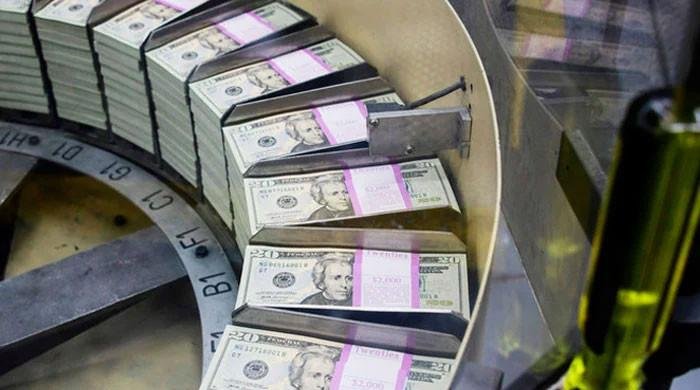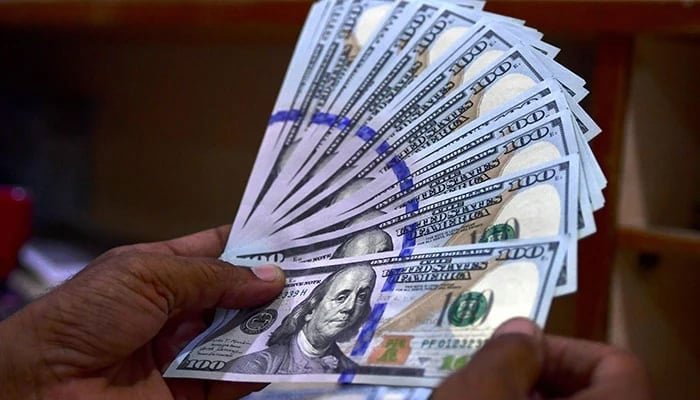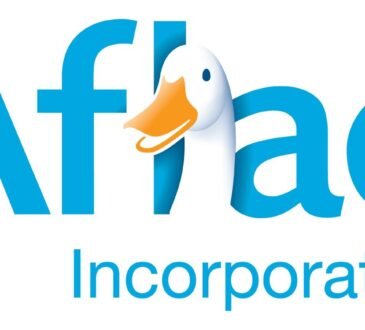ISLAMABAD: In a bid to rejuvenate its economy, Pakistan is seeking up to $20 billion in investment, primarily through government-to-government (G2G) agreements.
The efforts are underway. The focus is on deepening partnerships with development partners, including Saudi Arabia and the Gulf states. The move comes as Islamabad aims to leverage these high-level negotiations to secure substantial inflows across multiple sectors.
Minister for Petroleum Musadik Malik, while briefing a parliamentary panel on Tuesday, announced, “Efforts to secure up to $20 billion in investment for Pakistan, with a focus on government-to-government (G2G) agreements is underway.”
The Senate Standing Committee on Petroleum that met here with Senator Umer Farooq in the chair raised concerns over the discontinuation of gas supplies to captive power plants, despite their investment in upgrades at the government’s request. The panel sought updates from the Ministry of Petroleum and its officials. Senator Mohsin Aziz noted that industries had invested in power plants with 50 percent efficiency to meet their energy needs.
The Director General of Gas, however, said the IMF had advised the Power Division to move these plants to the national grid due to their lower efficiency compared to the LNG plants. Consequently, the fund recommended disconnecting gas supplies. The Petroleum Division had opposed disconnection, advocating instead for increased efficiency. He reported that 1,180 captive power plants across the country use 242 million cubic meters of LNG per day (mmcmd) of gas. Established under a 2005 government policy, 797 of these plants are located in Sindh. In 2021, the government called for their audit, but more than half of them in Sindh obtained court stay orders.
To address the disparity between gas and power tariffs, the Petroleum Division has increased the gas tariff for captive plants from Rs1,100 per MMBTU to Rs3,300 per MMBTU. The secretary of the Petroleum Division stated, “There is still sensitivity on this issue. We can sit down and talk with the committee and discuss it.” Minister for Petroleum Musadik Malik described the issue as sensitive and expressed willingness to discuss it further. He also proposed an in-camera briefing on the Iran gas pipeline and captive power plants. Malik mentioned plans to deregulate petroleum prices, contingent on ensuring public protection.
Senator Mohsin Aziz criticised the interim government’s plan to disconnect gas from these plants, arguing that the interim administration is not authorised to make such long-term decisions. He suggested discussing any commitments with the IMF at the next meeting, emphasizing that the plants have made significant investments in co-generation.






